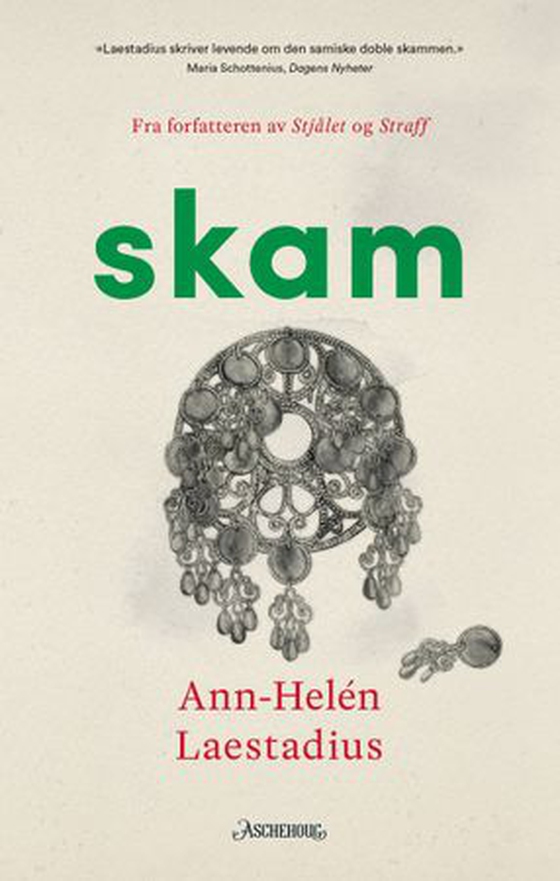Nobody knew, either, what bright little soul had first hit on the idea of linking up two Afterlives, but given that emerging civilisations were generally quite keen to establish permanent, high-capacity, high-quality and preferably free links with the dataspheres and informational environments of those around them – especially those around them with better tech than they possessed – it had always been going to happen, by accident if not by design. It even benefited the dead of both civilisations, opening up additional new vistas of exciting post-death experience, the better for the deceased to resist the regrettable attraction of a second, properly terminal event.
Linking up all amenable and compatible Afterlives had become something of a craze; almost before the relevant academics could come up with a decent provisional analysis of the phenomenon’s true cultural meaning and implications, practically every corner of the civilised galaxy was linked to every other part by Afterlife connections, as well as by all the other more usual ties of diplomacy, tourism, trade, general nosiness and so on.
So, for many millions of years there had been a network of Afterlives throughout the galaxy, semi-independent from the Real and constantly changing just as the galactic community in the Real changed, with civilisations appearing, developing, steady-stating or disappearing, either changing beyond recognition, relapsing in some way or going for semi-Godhood, sidestepping the material life altogether by opting for the careless indifference that was Subliming.
Mostly, nobody mentioned the Hells.







